Circular Economy and Digital Transformation: An Opportunity for Quebec Businesses
In a context where natural resources are dwindling and sustainability is becoming crucial, Quebec businesses must reinvent their business models. The circular economy, combined with digital transformation, offers a promising solution to address environmental and economic challenges.


1. What is the Circular Economy?
Unlike the traditional linear economy (extract, produce, dispose), the circular economy advocates for resource reuse to minimize waste. This not only helps reduce costs by using recycled materials but also fosters innovation in designing more durable products. Additionally, this approach aligns with the growing demand from consumers favoring eco-friendly brands. According to France’s Agency for Ecological Transition (ADEME), adopting circular practices can reduce production costs by an average of 30%.
2. The Role of Digital Transformation
Digital transformation is a vital enabler of the circular economy. Technologies such as the Internet of Things (IoT), Artificial Intelligence (AI), and blockchain allow companies to optimize production processes, anticipate equipment maintenance, and extend product lifespans. These tools also enhance transparency and traceability throughout supply chains.
For instance, a McKinsey study found that integrating IoT into industrial processes can improve operational efficiency by 20–30%. Blockchain, in turn, ensures full transparency in supply chains, facilitating the traceability of recycled materials and certifying their origins. By combining these technologies, companies can boost their performance while effectively supporting the circular economy.
3. Opportunities for Quebec Businesses
Quebec’s manufacturing sector can leverage the circular economy to increase efficiency and reduce costs, particularly by integrating digital solutions. Small and medium-sized enterprises (SMEs), which form a significant part of Quebec’s economy, can benefit from accessible and customizable technologies to enhance their competitiveness and resilience.
Example:
A Quebec-based SME in the textile sector reduced its energy consumption by 15% using an IoT platform to monitor real-time usage.
4. Challenges to Overcome
Adopting the circular economy and digital transformation is not without its challenges. Businesses may face technological and cultural barriers. Fortunately, many grants and support programs in Quebec are available to ease this transition. According to the Quebec Ministry of Economy and Innovation, companies can access funding covering up to 50% of the costs associated with implementing circular technologies.
Conclusion
The circular economy and digital transformation are strategic levers for Quebec businesses, enabling them to remain competitive while adopting more sustainable practices. By combining technological innovation with responsible resource management, companies can not only improve performance but also contribute to a more environmentally friendly future.
How Can Eficio Help?
At Eficio, we support businesses in integrating the circular economy and digital transformation into their operations. Our services, such as CIO 360, AI 360, and CISO 360, are designed to maximize efficiency while reducing environmental impact. Contact us to learn more about our tailored solutions.

